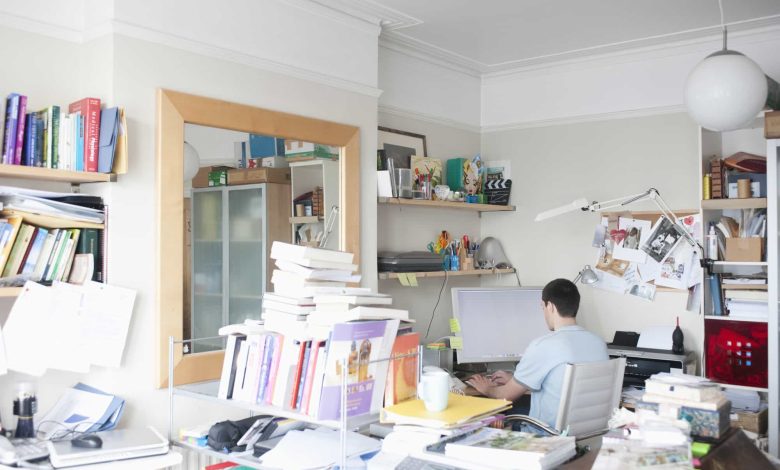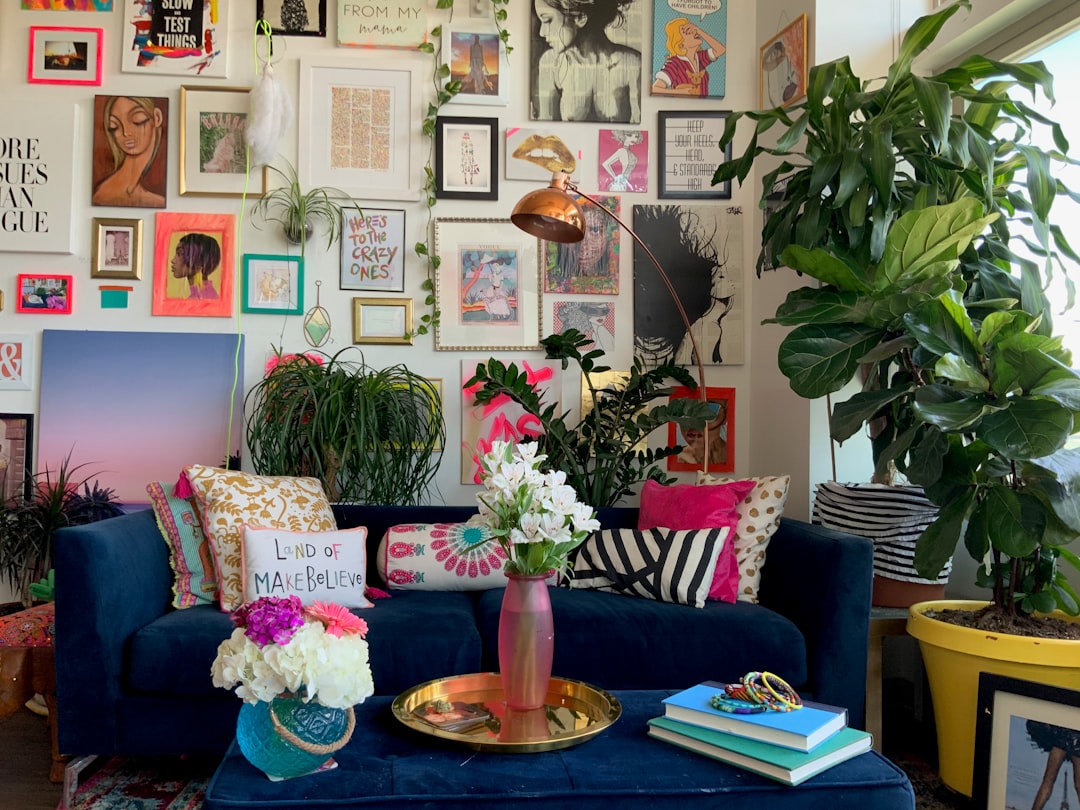Do you believe that a well-organized space is better for innovation? Do you prefer to work with a messy desk or cluttered shelves than with an organized space?
A recent study found that the mess can be a great way for you to spark your imagination!
Most of the clutter research and public enthusiasm is focused on the home. Despite the fact that workplace stress is expected to result in $190 billion in annual health care costs for U.S. companies, it’s important to recognize the impact clutter has on creativity and what we can do to reduce it.
Research on Psychology and Organization
Kathleen Vohs, University of Minnesota, published her research in Psychological Science’s September issue. She discovered that tidy spaces encourage people to do socially responsible and normatively “good” things like contributing to charity and eating well.
On the other hand, it seems that people are more open to new ideas when they work in a chaotic environment.
According to the Harvard Business Review, “Cluttered spaces can have adverse effects on our stress levels and anxiety levels as well as our ability focus, eating choices, and even sleep quality.”
Different types of creative processes
Some people thrive in chaotic environments. Others prefer a tidy and organized workspace. What is the core difference between these two personalities?
Creative Processes that are messy
Creative endeavors are a magnet for messy people! Do you remember ever trying to paint a picture without making a mess? Did you ever try to mold clay lumps without getting your hands covered in grime? It’s not possible! It is not! Artistic people thrive in messy and cluttered environments.
Creativity is by its very nature messy. Let your child draw a picture and give them glue, scissors and paint. It will be a beautiful, unique creation that is both messy and artistic.
A Creative Process Organized
Clean freaks on the other side value cleanliness above all else. Clean fanatics believe that having a place where you can eat your meals is the ultimate achievement. However, it’s important to clean up afterward.
This organized personality type is more common in professional fields such as architects, secretaries and project managers. Which sound more like you?
Why do some creative people have messy homes?
Although messy people can appear disorganized and irresponsible they are often masters at prioritizing. They are often able to prioritize the most important parts while ignoring the rest.
Although it might seem that everything is in order seems to be helpful, it can often prove to be a burden for creative people who are messy.
What is the “Messy Genius Theory”?
Albert Einstein is known for saying that “if a cluttered desk indicates a cluttered head, then of what is an empty one a sign?” Many “geniuses”, over the centuries, had a messy workspace. Thomas Edison must have believed this theory, as his workshop was known for being a pigstye.
“Messy Genius Theory” refers to the belief that your brain generates more creative ideas in a messy environment than one with an organized one. This doesn’t mean you have to trash your workspace in order to paint the Mona Lisa. It simply means that some people thrive within cluttered environments.
You can have moments of inspiration even in messy rooms
Look around you. What do you see around? What can you see? A neat and tidy desk or a mess of papers and other knick-knacks. You’ve probably seen the entire room if you have ever suffered from writer’s block or any other creative block.
What environment will inspire more creativity? A cluttered environment can stimulate creativity and provide visual stimulation.
A study sponsored the University of Minnesota found that participants in messy rooms generated equal number of new ideas to use as their clean-room counterparts. However, impartial judges rated their ideas as more creative and interesting.
As it turns out, messy rooms can help some people invent! Are you certain that this is true for you?
Signs that clutter isn’t helping your creativity
Some people can thrive in a clutter-free environment. Others find it stressful or distracting. These people may find clutter distracting or stifling and it can slow down their creativity.
How to determine if clutter is killing creativity
- Are you too distracted to work? It might be time for you to get rid of clutter and daydreaming.
- It’s hard to locate important tools and documents.
- You might be spending too much time on repetitive tasks or unimportant things.
Also Read: 5 Creative Ways To Reuse Moving Boxes
How to Deal with Clutter that Kills Your Genius
A lot of people refer to clutter as having too many things. This works for some people. But, clutter can lead to clutter that is more burdensome than helpful.
These simple ideas will help you create positive clutter.
- If you feel overwhelmed, create a separate space that is uncluttered.
- See if your workspace is organized and decluttered.
- Check out your clutter. Take inventory of items that you haven’t used for three months and throw them out.
- You can create inspiring environments with the right clutter, such as inspirational posters and music.
To Innovate, Get Rid Of All the Extras
Although clutter is a sign that creativity and productivity can be enhanced, it doesn’t work for everyone. Many people don’t thrive in clutter. If clutter is a motivator for creativity and helps you get out of a slump, it should be “positive clutter” and NOT junk.
Commercial dumpster is a great way to get rid of clutter and make your home more spacious. It’s easy to book a professional to clear clutter out of your home with our online booking system. You are open to innovating but need help with recycling, donating, and disposing of unwanted clutter.








